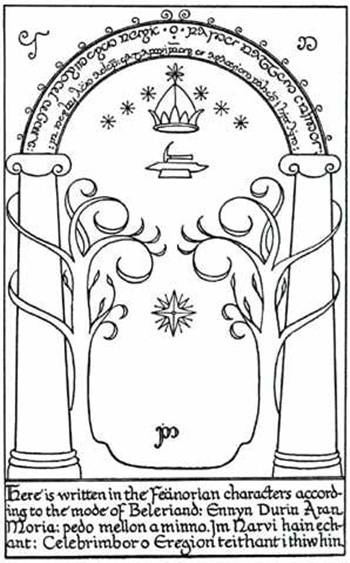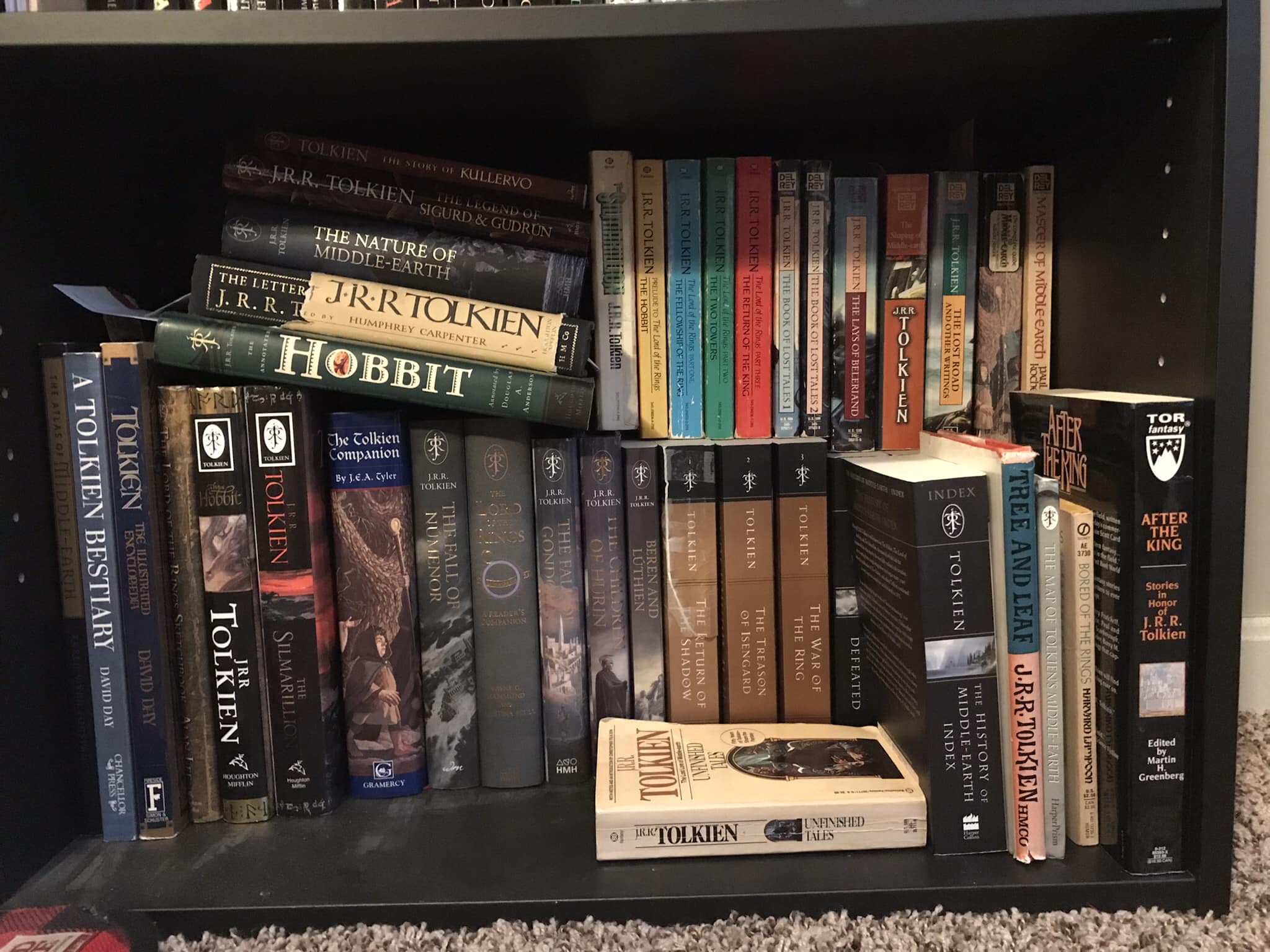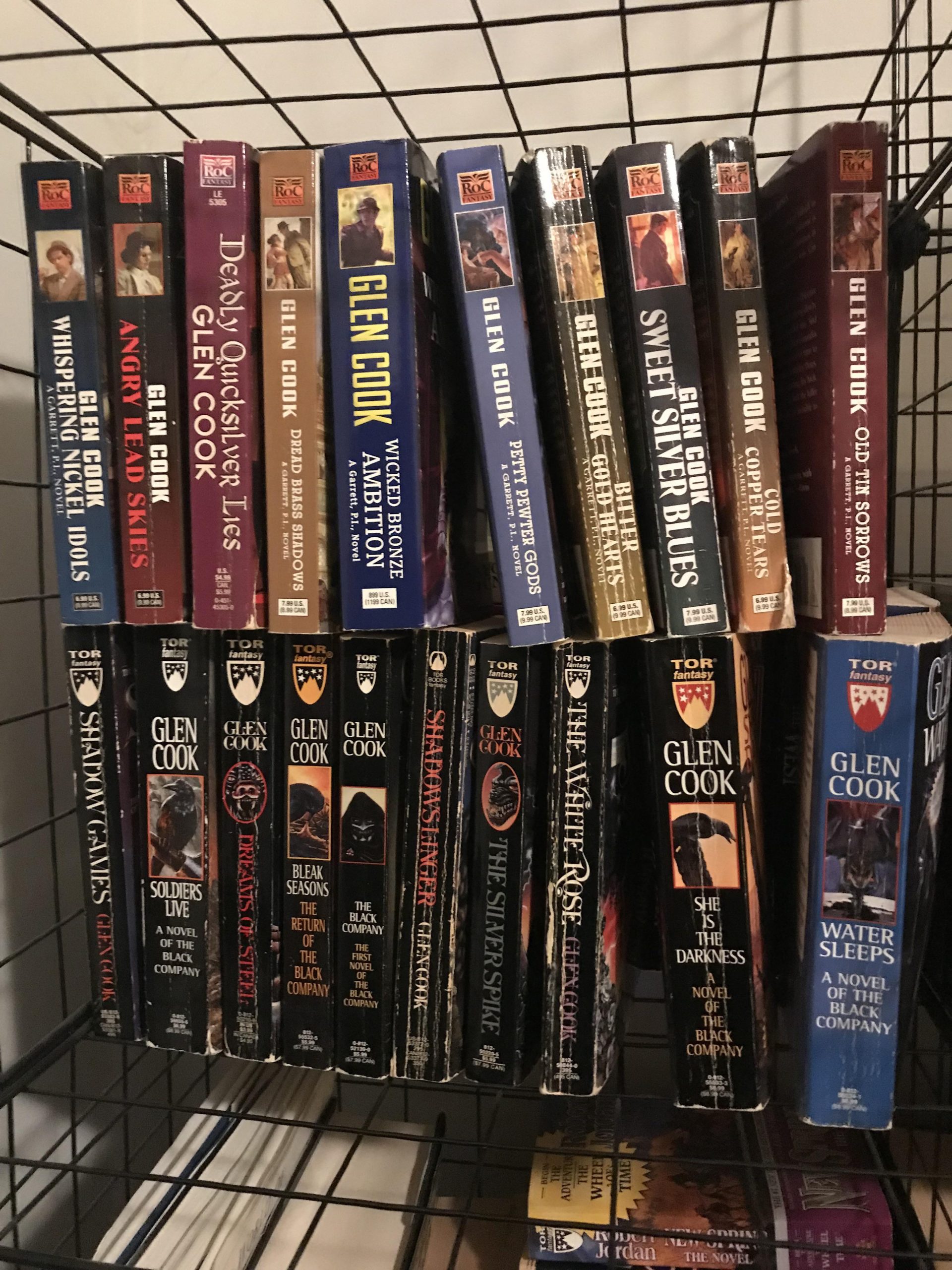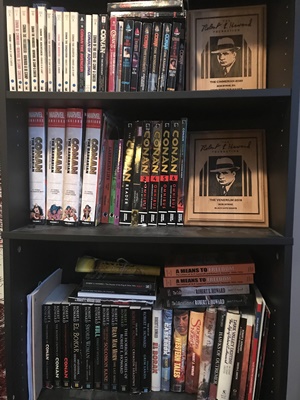A (Black) Gat in the Hand: Back Down those Mean Streets in 2023
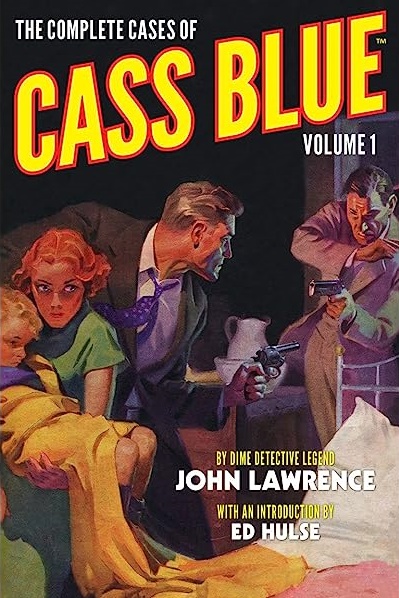 “You’re the second guy I’ve met within hours who seems to think a gat in the hand means a world by the tail.” – Phillip Marlowe in Raymond Chandler’s The Big Sleep
“You’re the second guy I’ve met within hours who seems to think a gat in the hand means a world by the tail.” – Phillip Marlowe in Raymond Chandler’s The Big Sleep
(Gat — Prohibition Era term for a gun. Shortened version of Gatling Gun)
Talking Tolkien takes a one-week break, as we are into summer – though Ohio’s pleasantly cool weather might belie that. And since 2018, summer Mondays at Black Gate mean it’s pulp time with A (Black) Gat in the Hand.
Talking Tolkien has pushed the start back later than usual, but I’ve been doing pulp reading and writing to gear up for another great run. I have two introductions over at Steeger Press, ready to come out before the end of the year (I hope). I’ll post both here at book release time.
Talking Tolkien will be back next week, but I want A (Black) Gat in the Hand to make a June appearance again this year – we’re almost at 100 essays in the series! Not bad for an award-winning fantasy and sci-fi site. With me, expect the unexpected (to paraphrase from a Monk episode).
CASS BLUE
I’d not read any John Lawrence, but I picked up Steeger’s first ebook of Cass Blue. The second (and final) volume is in the works. These are different. The settings for the first three of four are more Agatha Christie than the mean streets of Chandler. A country estate with a seance, or mansion on a secluded island.
The tone and plot are more weird menace than typical hardboiled, while Blue himself plays rough. The fourth story is a serial killer hunt in the city, that is a mix of weird menace and robbery heist.
I liked, but didn’t love, these. They are definitely a change of pace, which is nice. I will be checking out his Marquis of Broadway stories. They seem to be about a police squad who are brutal thugs, in NYC’s theater district.
